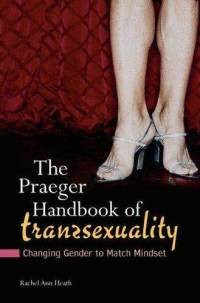Serendip is an independent site partnering with faculty at multiple colleges and universities around the world. Happy exploring!

Class Slam -The Final Question
So over the past weeks I've been feeling differently about how our society is. I'm beginning to believe that nothing can change. I think that is what I wanted to express in my slam poetry last Sunday. I feel like most of time we forget that ESEM is just another required class and while this was a great class, taught by great teacher, that provoked so many ideas and emotions, I sit here wondering what will be different. These will only become memories that we carry along with the rest of our accumulating baggage and we will reflect back on it once in a while. But has it really touched any of us? Are the people who sat their quiet during this process suppressing their thought, hesitating what to let go and share with us, really any more open? Or are they that much more closeted? Are the people that came to this class oblivious of many classed ideas really feeling the empowerment? Or was it just one of those little 'take a chance' moments we tell our kids about one day? With my poem I wished to have people think about the question, can we really change? I think as a group, we described our class on 'class' the way the people in the world do - differently. All these differen't connections and emotions that fill up a room, that create tension, silence, noice, freedom; I though were all conveyed in our group slam. I just wonder if anyone really heard us.

From One Confusion to Another
Shannon Yaeger
Playful, Performative, Precarious, Perspective
Self Evaluation
I came into this class terrified. It was my first semester at Bryn Mawr, and starting a class with juniors was incredibly daunting to me. I spent a lot of the first half of the semester afraid to speak in class, though I did speak in break out groups. Right from the beginning, I found the readings pretty interesting, though some of them were very confusing (I’m looking at you, Karen Barad). As the semester wore on, I could not seem to shake the thought that I wasn’t ever fully grasping some of the scientific texts, but I did try to grasp them. In terms of reading, I would say that I was a good reader for this class.
In terms of speaking, I did eventually start speaking more in whole class discussions, but I do wish that I had done so sooner. I realize now that my silence may have really hurt me in terms of learning how to speak in class. I feel like I learned in this area, but that I prevented myself from learning as much as I could have.

Reflection
On one of the very first days (weeks?) of class, when we were talking about diffraction, I noticed something very interesting. The chairs that we sit on in English House have a texture that’s almost like a very solid mesh—there are lots of tiny circles both in the back of the chair and the seat of the chair. If you look across the room to one chair sitting in front of another, you will notice something very interesting. The visual space in which the backs of the chairs overlap will appear to have magnified the pattern. While you may not be able to really see the texture of a single chair from across the room, looking at one chair through another magnifies it to make it visible, if not totally crisp and clear.




